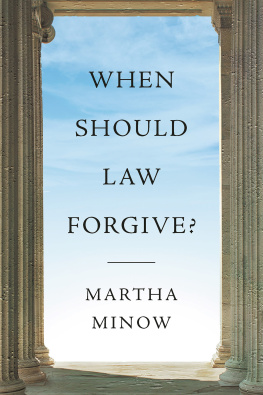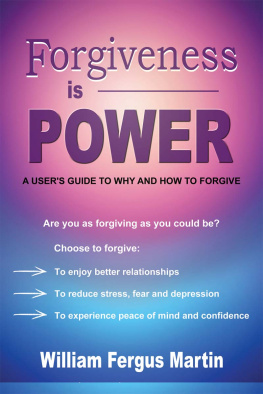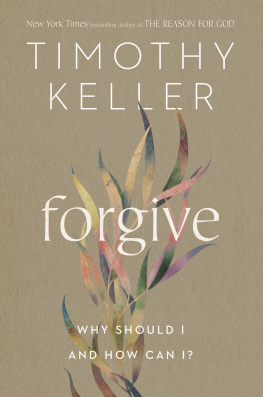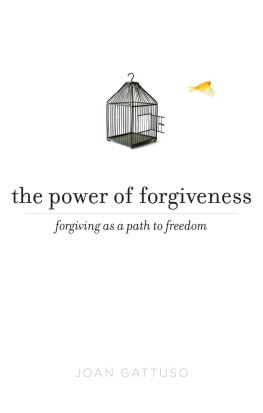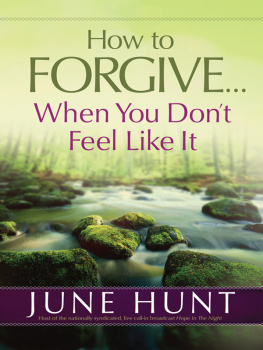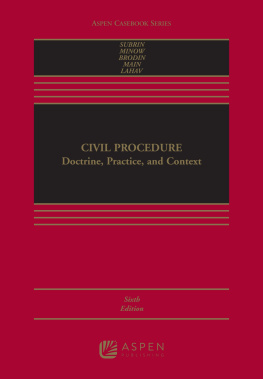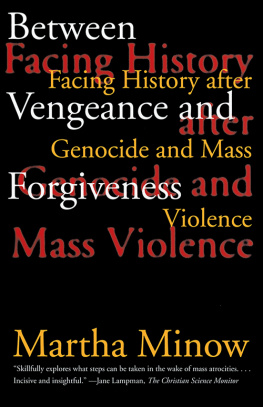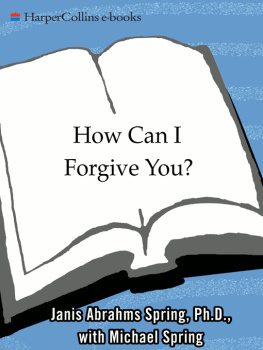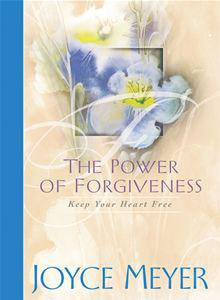
Contents
WHEN SHOULD
LAW FORGIVE?

MARTHA MINOW

W. W. NORTON & COMPANY
Independent Publishers Since 1923
To my students

I DONT THINK OF MYSELF as a particularly forgiving person, but I am a profoundly grateful one, especially toward the wonderful people who have made this book possible. Anthony Appiah suggested I write it; Roby Harrington patiently waited for it, as my attention turned to duties as a dean, and then provided invigorating and invaluable comments and support. Because of the efforts of the amazing deans staff at Harvard Law SchoolLiberty Kenneally, Catherine Claypoole, Cherisa Ellis, and Kelsey RyanI was able to pursue the initial work reflected in this book. And due to the heavenly Radcliffe Institute, led by the superb Dean Liz Cohen and by the indefatigable Fellowship Program director Judy Vichniac, the book came to fruition with daily encouragement and suggestions from the most generative fellows and most gracious staff. In particular, I thank Professor Kathryn Sikkink for thorough and thoroughly generous comments; Jane Lipson and Samantha Power supplied critical fortification.
Writing this book would not have been possible without the support of my friend John Manning as deputy dean and now as Harvard Law School dean. Rachel Keeler expertly helped with multiple transitions, including moving this book from drafts to completion. Copy editor Janet Biehl and the team at Norton provided excellent work, turning the draft into this book.
I am so grateful for the invitation to share my work at the Brennan Center Jorde Symposium, October 20, 2014 (University of California, Berkeley) and January 8, 2015 (University of Chicago), published as Forgiveness, Law, and Justice, 103 Cal. L. Rev. 1615 (2015), https://scholarship.law.berkeley.edu/cgi/viewcontent.cgi?article=4307&context=californialawreview. During the symposium, I learned from all the participants and especially from commentators Kathryn Abrams, Aziz Huq, Christopher Kutz, and Martha Nussbaum. Versions of the Introduction received crucial comments and inspiration from participants at the Grand Forum of the Most Honorable Jurist, Renmin University, Beijing, China, on June 29, 2013; at Vassar College, Poughkeepsie, New York, February 12, 2014; at the Annual Reconciliation Lecture at the University of the Free State, South Africa, February 24, 2014; at the University of Buenos Ares, Argentina, May 15, 2017; at the Aspen Institute-Rodel Fellowship Program for elected leaders in Washington, D.C., on October 8, 2017; and at Harvards Advanced Leadership Initiative, in Boston, Massachusetts, on May 16, 2018. Along the way, for what is now the Introduction, Lara Berlin, Marissa Brodney, Zoe Brennan-Krohn, Trevor Dodge, Taylor Poor, Julia Ratner, and Jake Weissbourd offered helpful insights and research.
An invitation to receive an award from Trinity College History Society in Dublin, Ireland, on November 13, 2012, provided an invaluable setting to explore the themes of Chapter 1. I remain deeply grateful for that invitation and for the lively discussion it engendered. Material in Chapter 1 also reflects the questions and criticisms of Professors Fionnuala D. N Aolin, Gabriella Blum, Jennifer Chacon, Jack Goldsmith, Gerry Neuman, Diane Orentlicher, and Gerald Quinn, as well as the substantial and crucial research assistance of Sima Atri, Lara Berlin, Ming Cheung, Sarah Dorman, Gillian Grossman, Sharon Kim, Taylor Poor, Melissa Proctor, Derecka Purnell, Julia Ratner, Jacob Steiner, and Domonique Worship. The comments of Camilla Barker and Mindy Roseman, and of participants in the Harvard Human Rights Program workshop, made a real difference. Invaluably, Jonathan Wroblewski shared his deep knowledge of criminal justice and so thoughtfully commented on the entire manuscript; Michael H. Ryong Jung shared his analytic precision, legal expertise, and passion for justice for young people; and Theresa Betancourts spectacular work in the field and abundant advice taught me more than I can say about the experiences of and prospects for former child soldiers.
Turning to earlier versions of Chapter 2 on debt, particular thanks go to Terry Aladjem, Bill Alford, Lauren Anstey, Tom Brennan, Justin Cahill, Anna Gelpern, John Coates, Charlie Donahue, Charles Fried, Chris Hampson, Donna Harati, Seth Klarman, Bill Rubenstein, Aime Salazar, Steve Shay, Holger Spamann, Brandon Storm, Cass Sunstein, Roberto Unger, and Jonathan Zittrain for helpful comments and questions, and to the Social Studies community at Harvard University who attended my Navin Narayan Memorial Lecture at Harvard on October 29, 2014.
Adriaan Lannis scholarship and comments gave vital insights into the historical material in Chapter 3; Roy Kellenberg provided a reminder to think about hope for a different future when forgiveness does not seem quite right. For that chapter, and indeed for the entire book, my remarkable Radcliffe research fellows Carissa Chen, Isabel Espinosa, Blessing Jee, Hilda Jones, Flora Li, and Luke Minton brought powerful questions, materials, and enthusiasm. Over multiple years, my creative and unflagging research assistants Ariel Eckblad, Trevor Dodge, Travis Edwards, Jon Gould, Chris Marks, Sonia McNeil, Morgan Meagher, Daniel Morales, Paloma OConnor, Sylvanus Polky, Daniel Saver, Jeanne Segil, Alexander Rodney, Hannah Solomon-Strauss, and Jake Weissbourd offered rich and detailed comments, sources, questions, and insights.
For the project as a whole, my emphatic thanks go to Danielle Allen for arranging the Harvard Safra Center workshop on the book draft on May 16, 2018, and to Cheryl Bratt, John Goldberg, Jonathon Gould, Nien-h Hsieh, Tommie Shelby, Carol Steiker, Danielle herself, and other participants for their spectacular comments and advice. Thanks also to my colleagues at Harvard Law School who shared ideas and insight during faculty workshops and informal conversations. During 2018, Liz Lerman shared her creativity and wisdom and brought together talented artists for a collaborative inquiry into forgiveness and law as a subject for dance; what a gift this has been and will continue to be. For support both intellectual and personal, my deep thanks go to Bill Alford, Larry Blum, Mary Casey, Nancy Gertner, Gish Jen, Randy Kennedy, Rabbi Jonathan Kraus, Liz Schneider, Molly Shanley, Vicky Spelman, Rick Weissbourd, and my spectacularly forgiving family. Mira Singers fine, meticulous editorial hand appears on every page. Indeed, in exploring the best ideas here, demonstrating the give-and-take of generous listening, and offering the best diversions and escapades, none are better than Joe Singer, Mira Singer, Jo Minow, Newton Minow, Mary Minow, Nell Minow, and David Apatoff.
Throughout this project, my students have been constant, challenging, and kind interlocutors. How illuminating to learn alongside the engaged students in the spring 2013 Harvard Law School Reading Group on Law and Forgiveness and the convivial students at the Richardson Law School at the University of Hawaii January 2018 course on law and forgiveness (thanks to Dean Avi Soifer for the opportunity and advice!); how invigorating to talk with students willing to engage in serious debates about law and forgiveness at welcome events at Harvard Law School between 2010 and 2016; and how grateful I am to students, past, present and future, for inspiring my hope in the possibilities of both fresh starts and concentric circles of care and responsibility. I am most thankful for this chance to say thanks.
Next page
